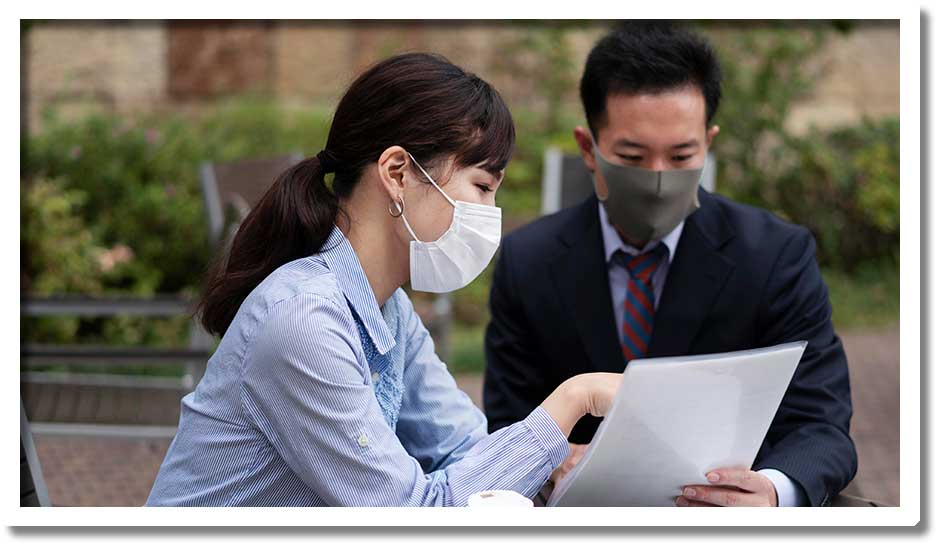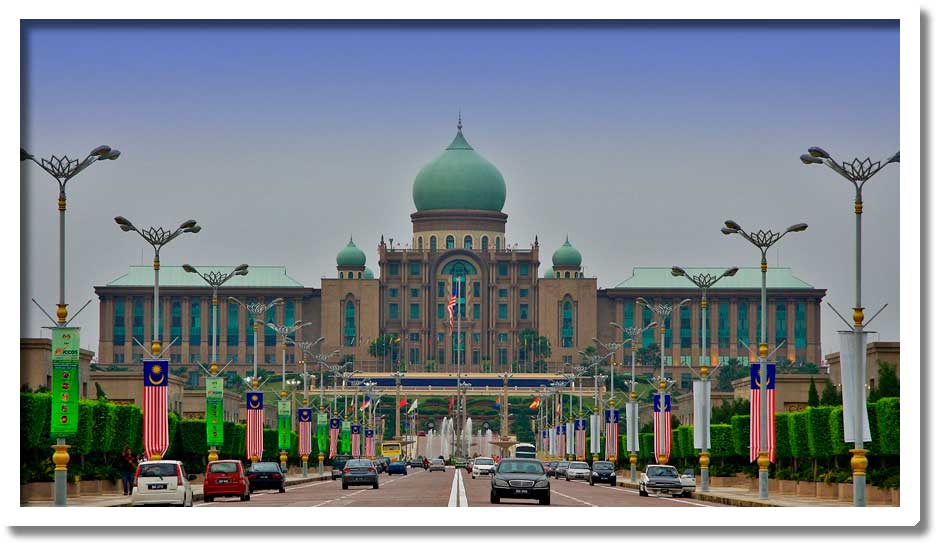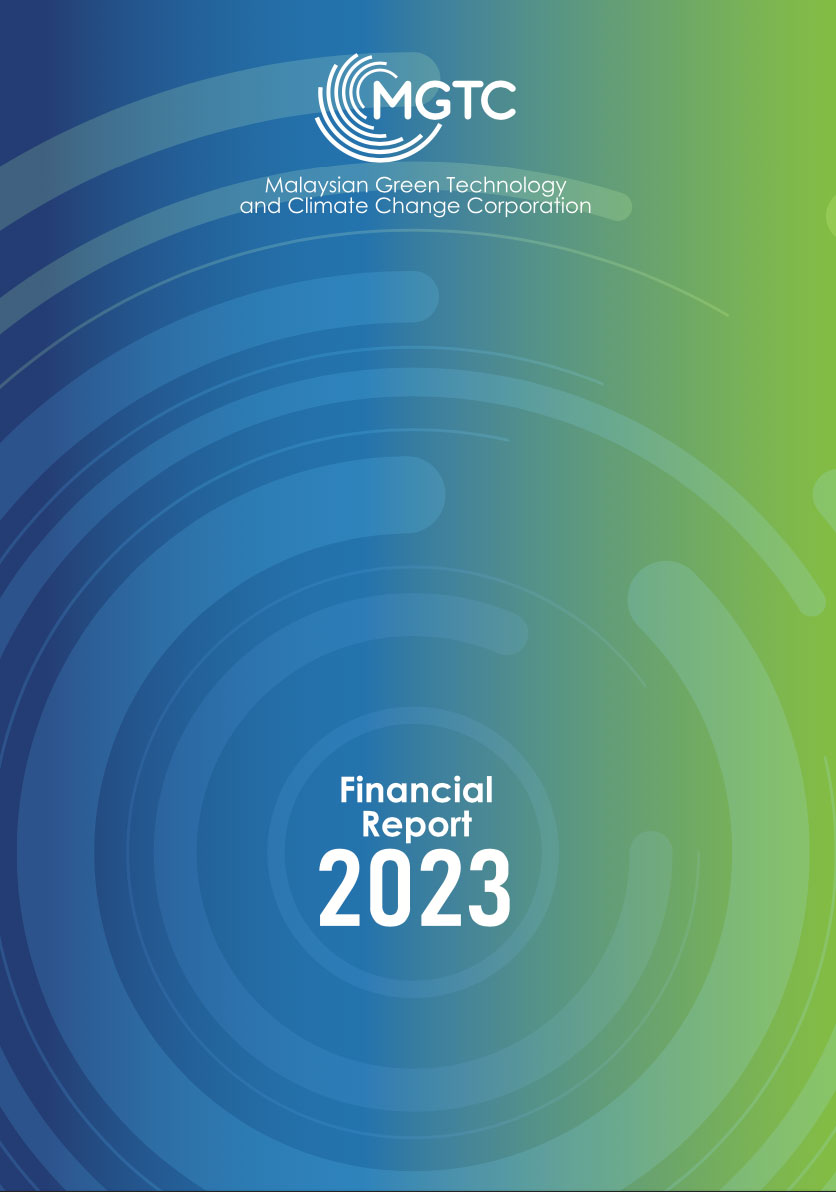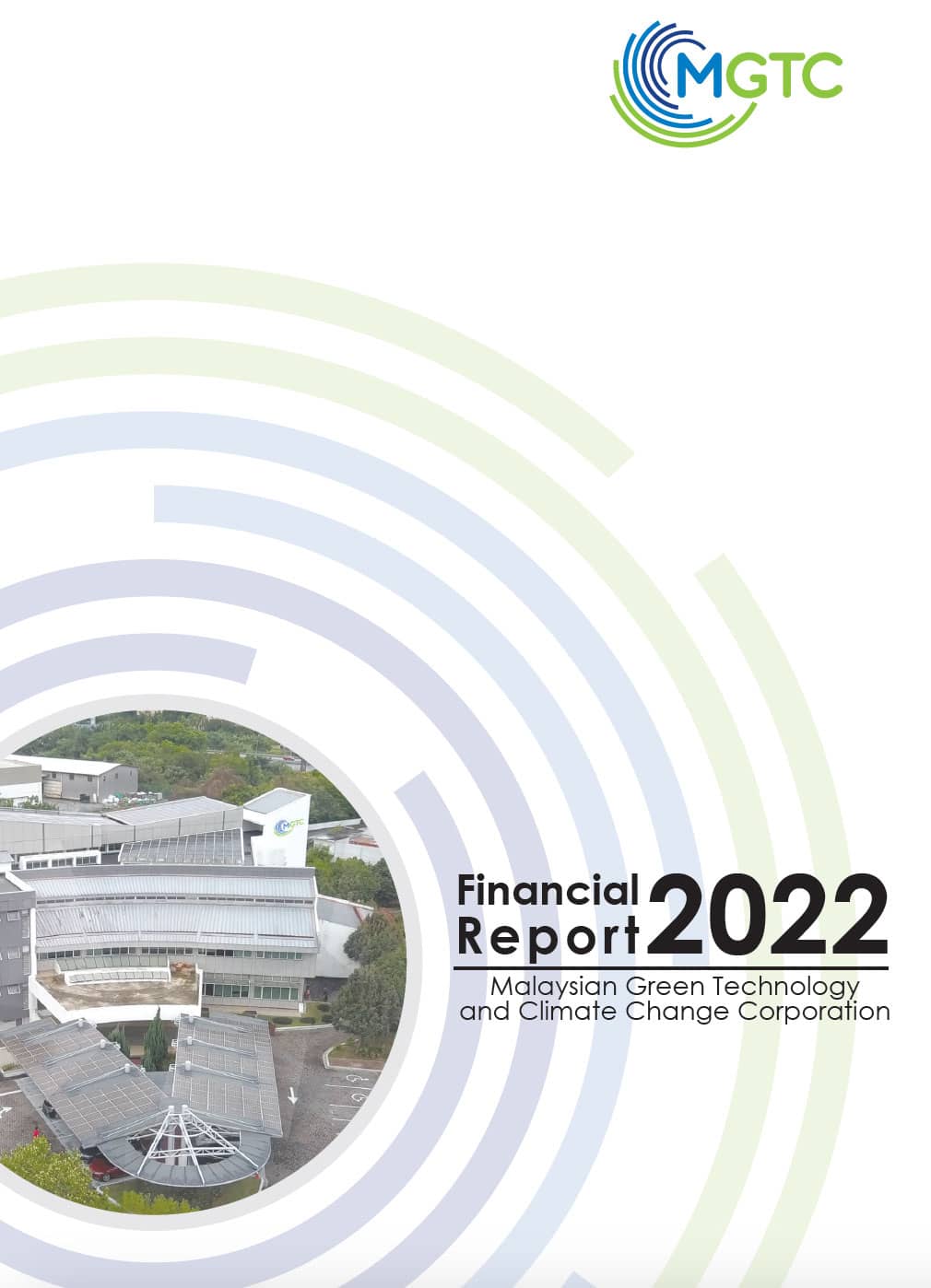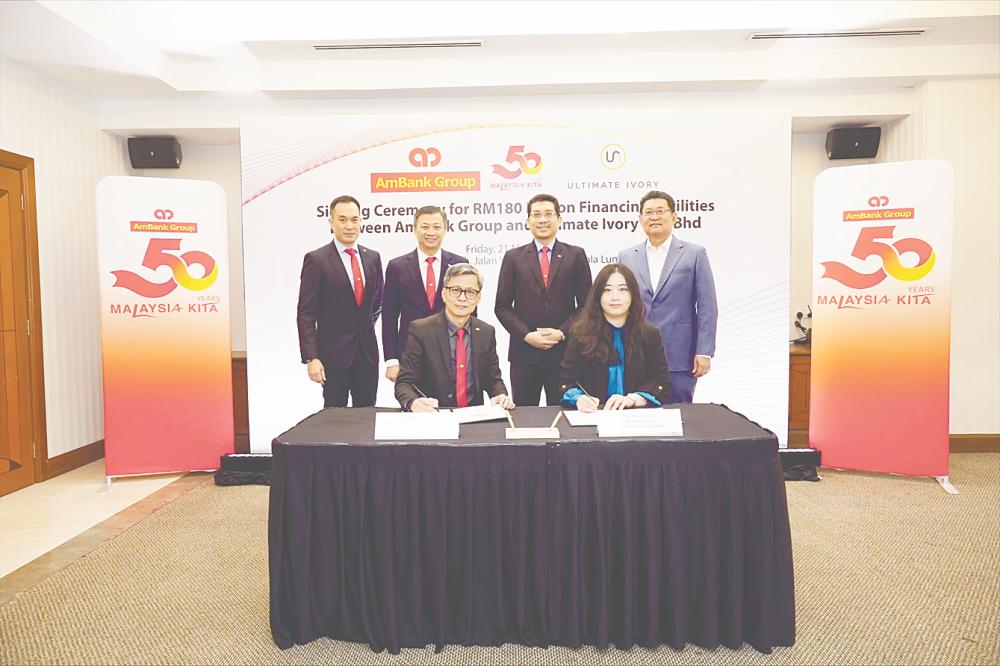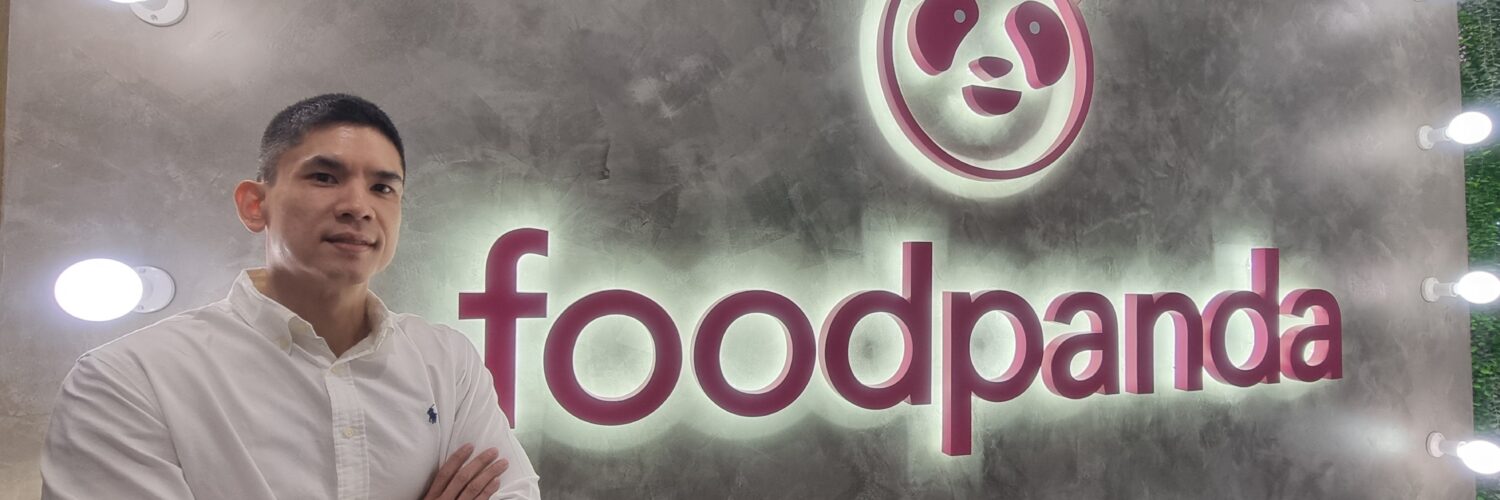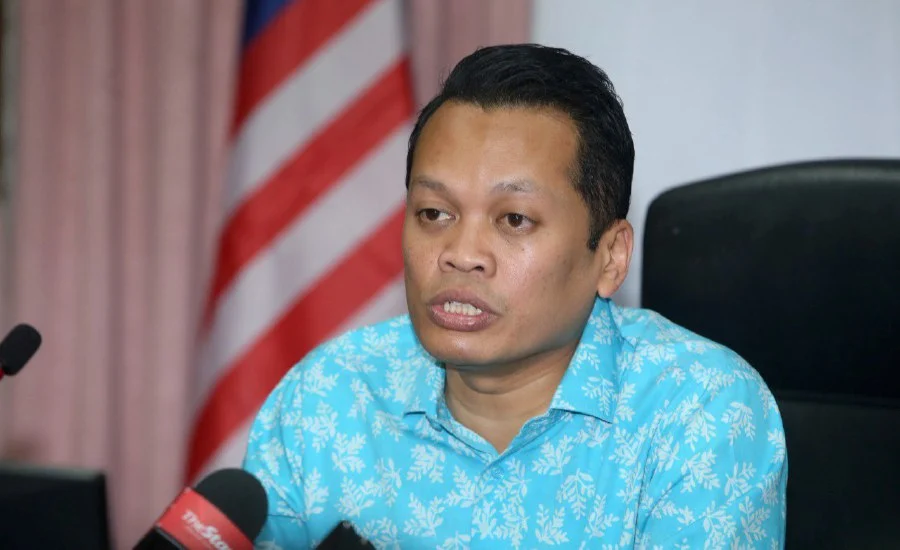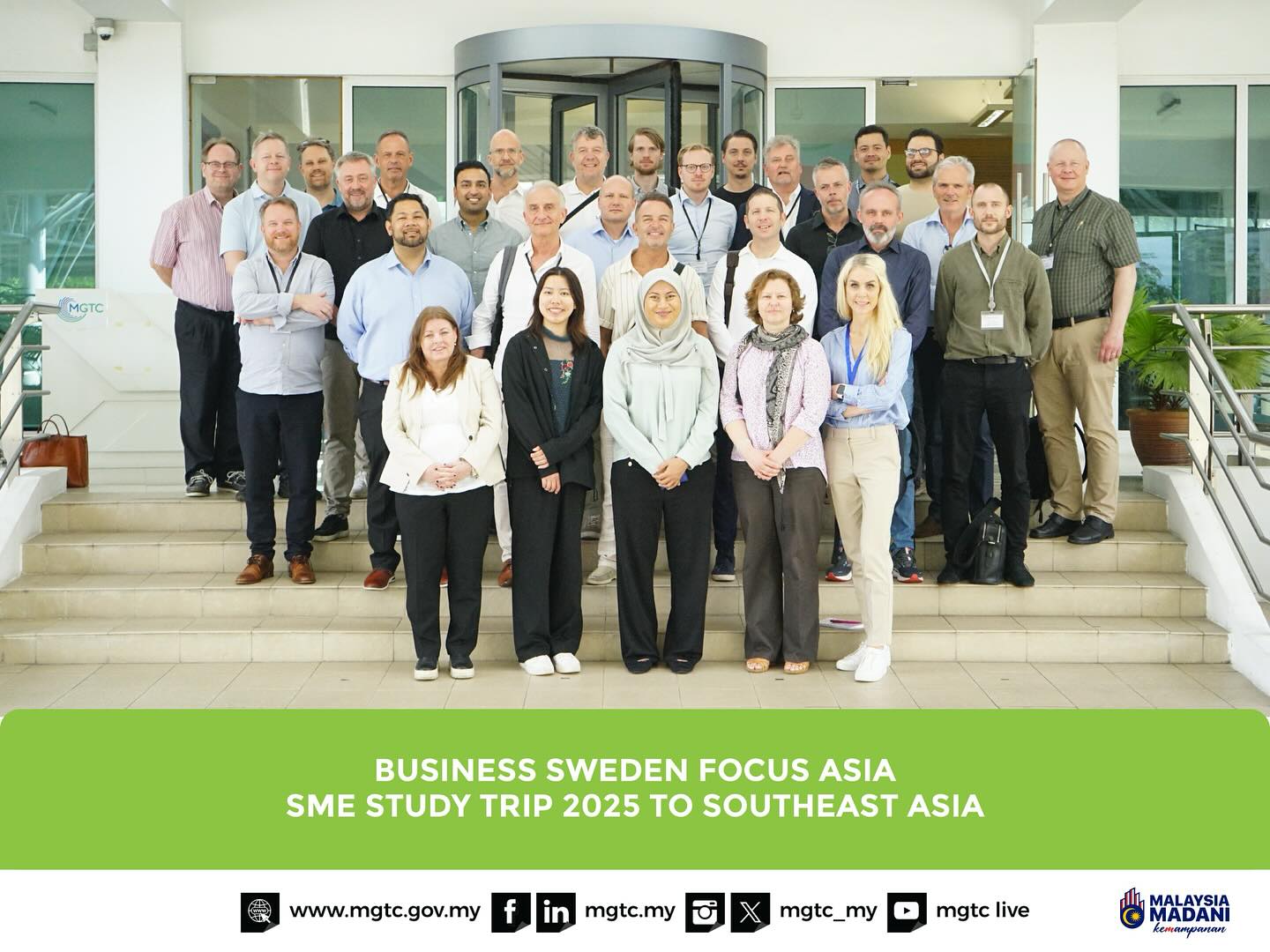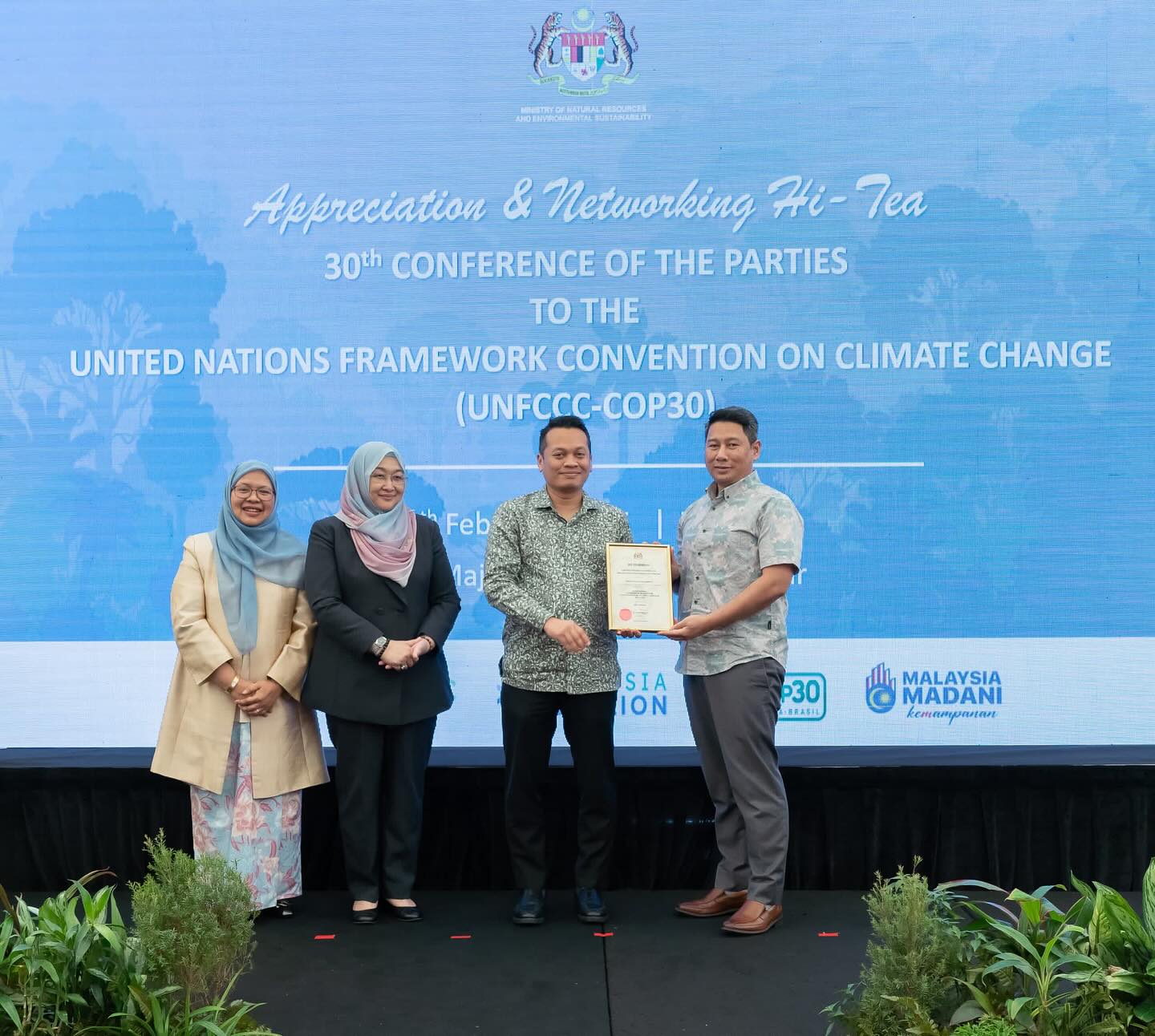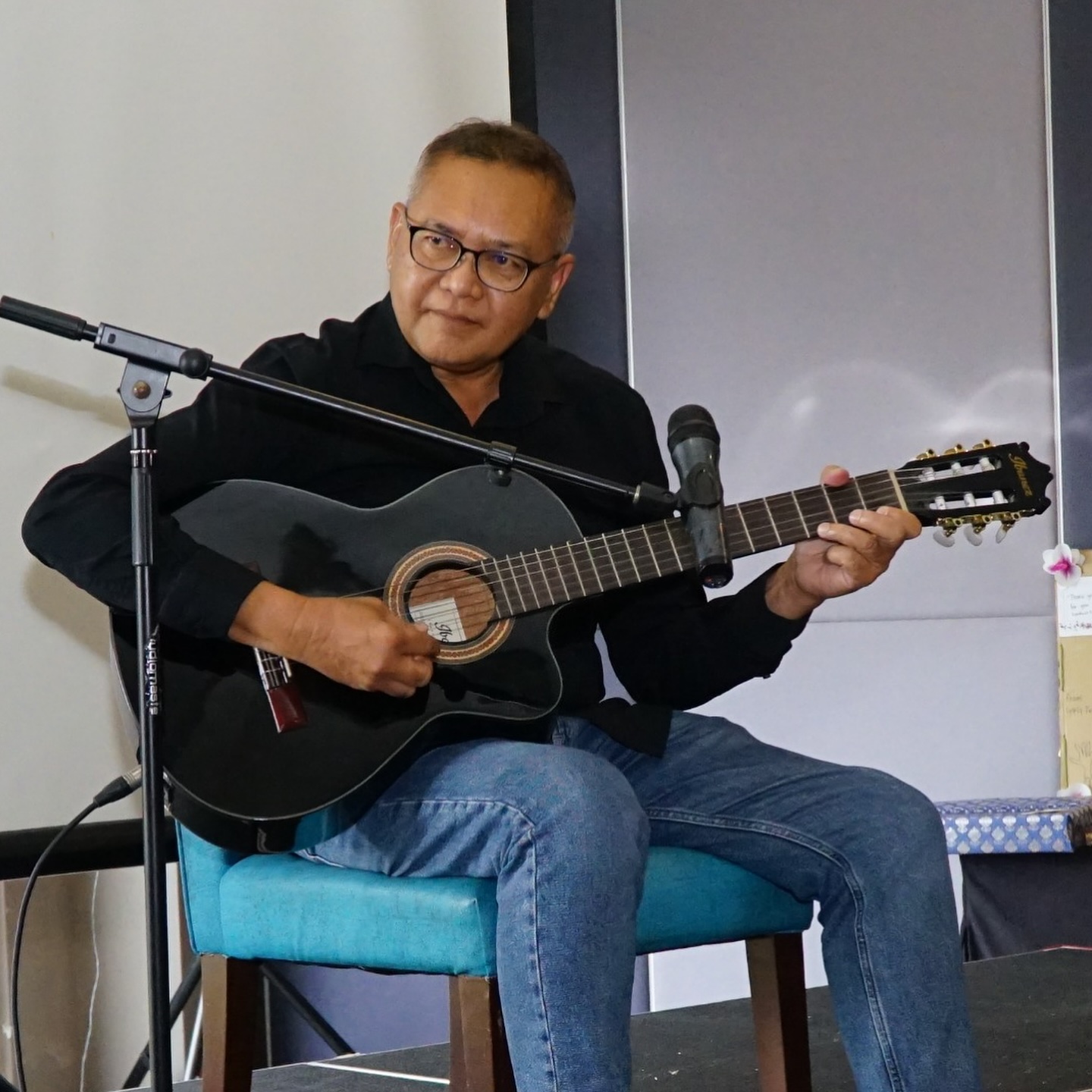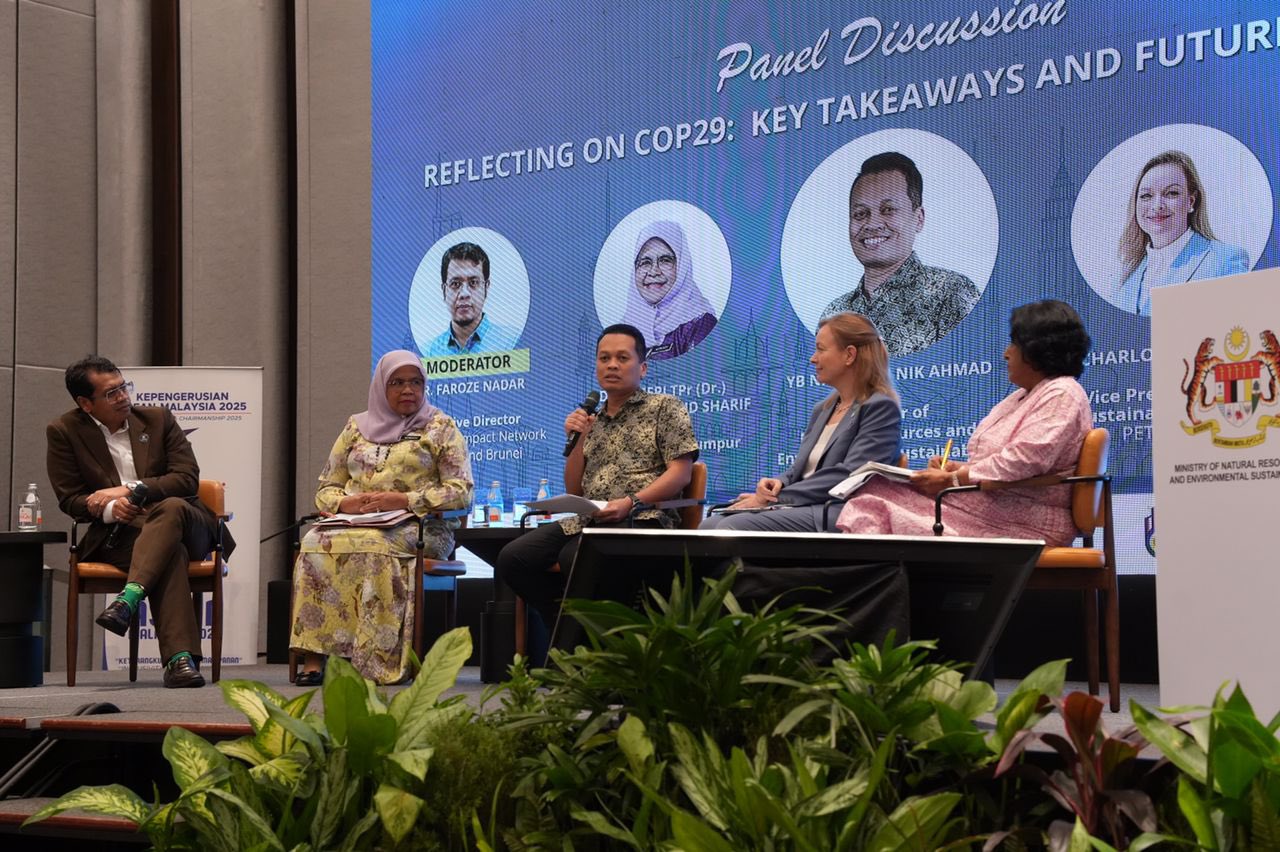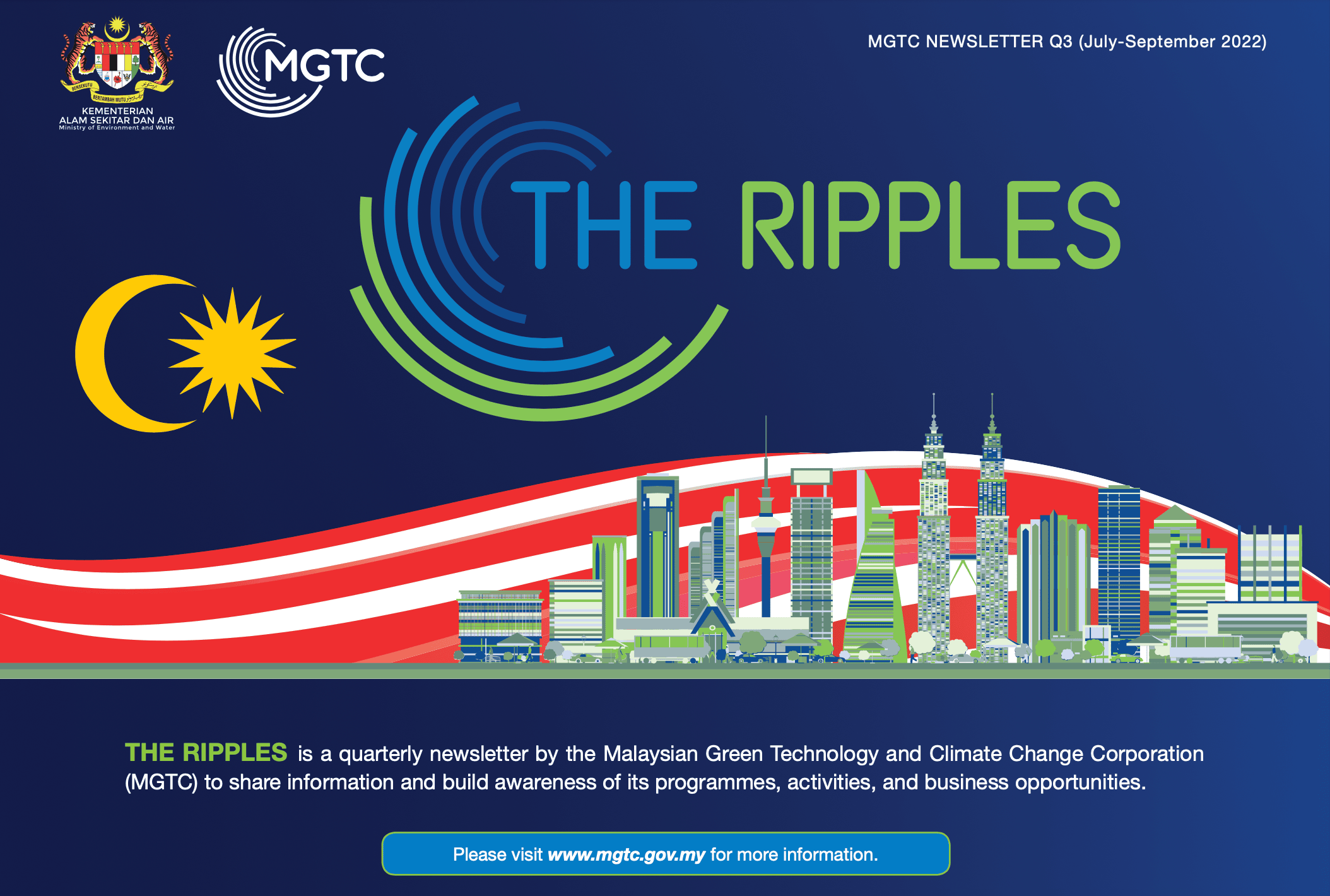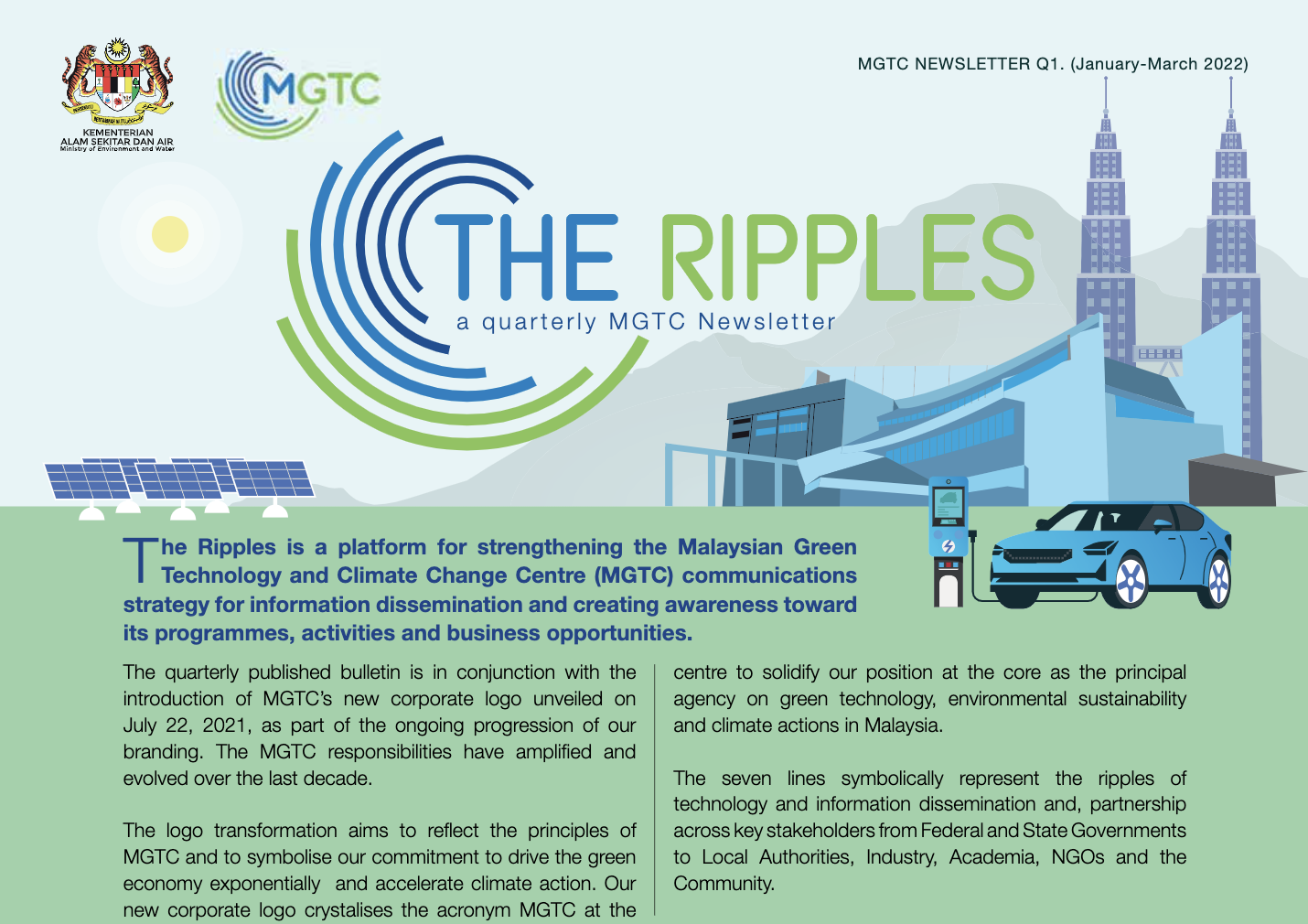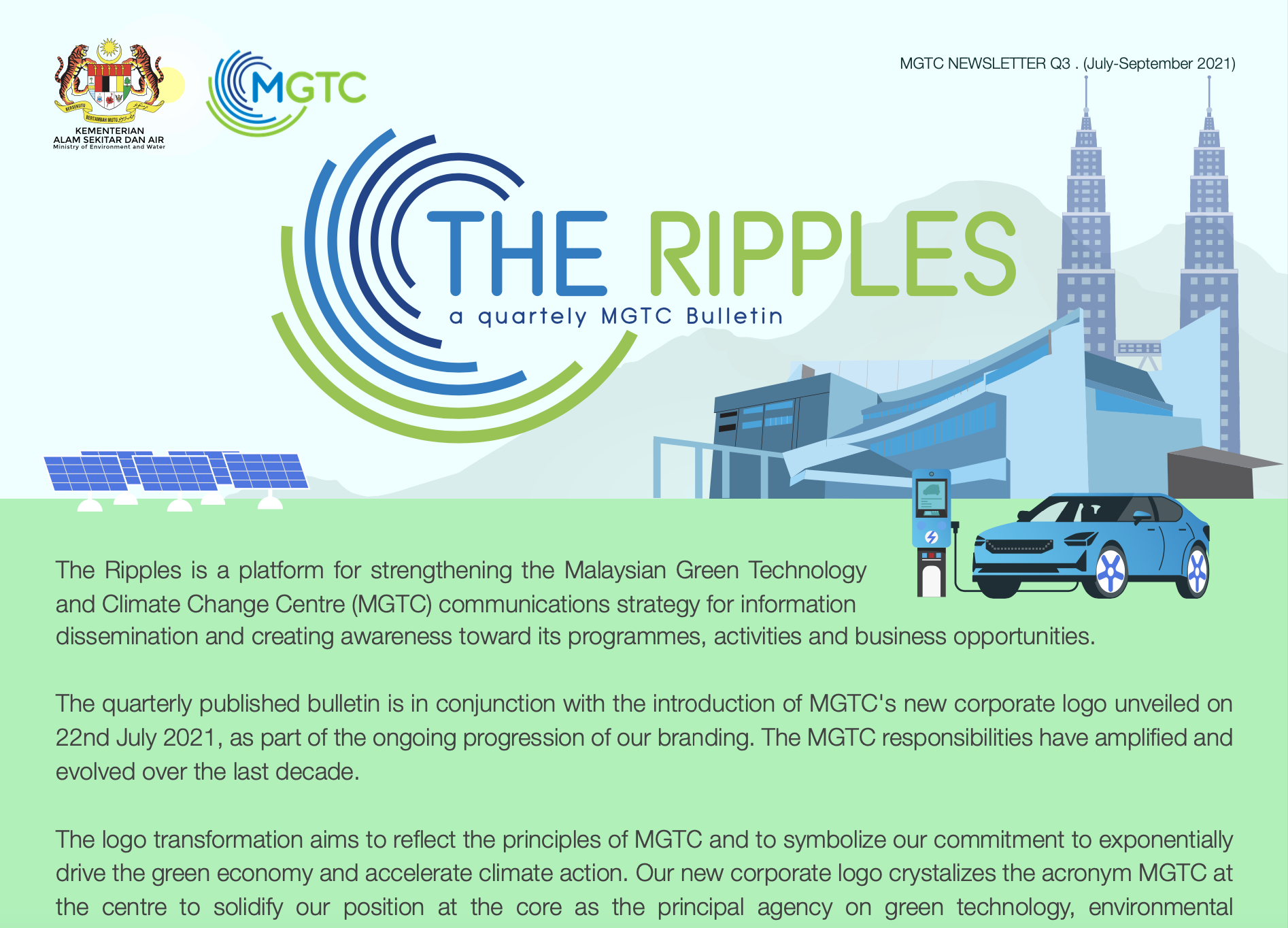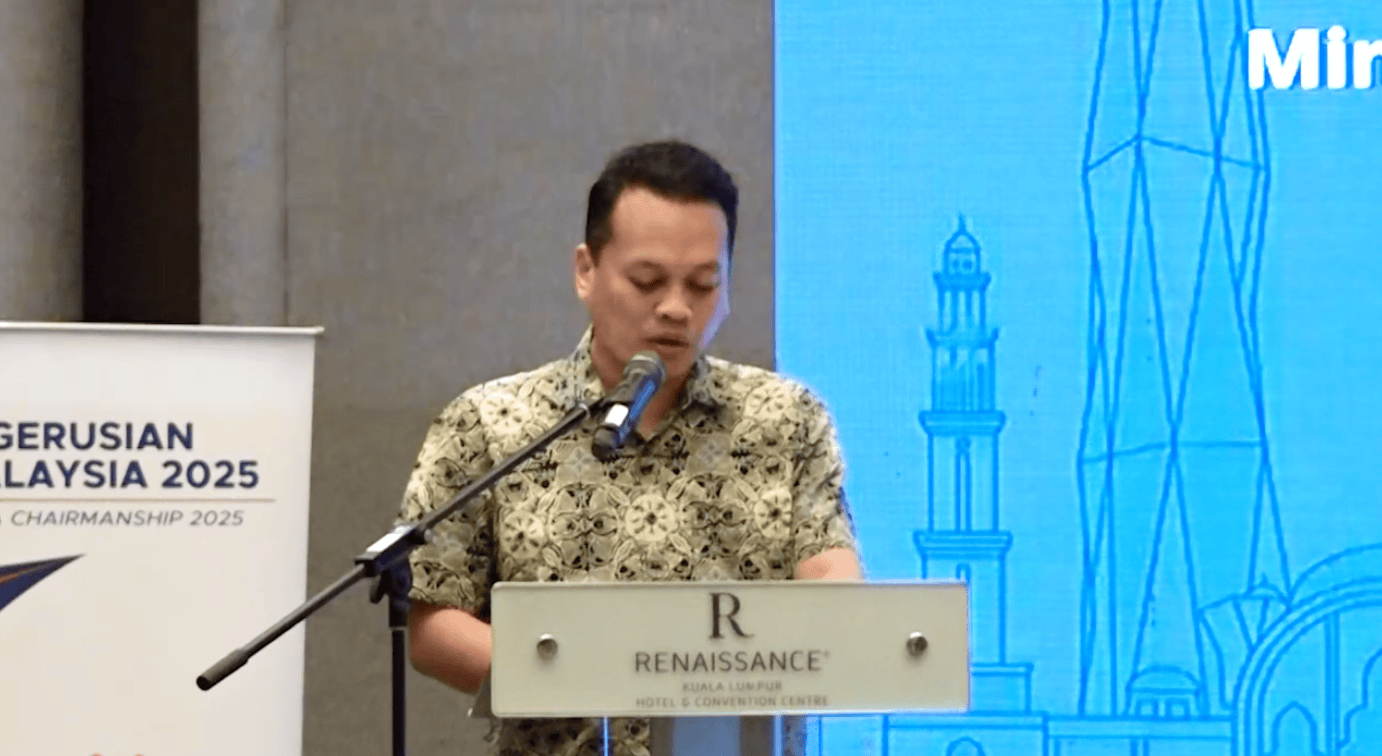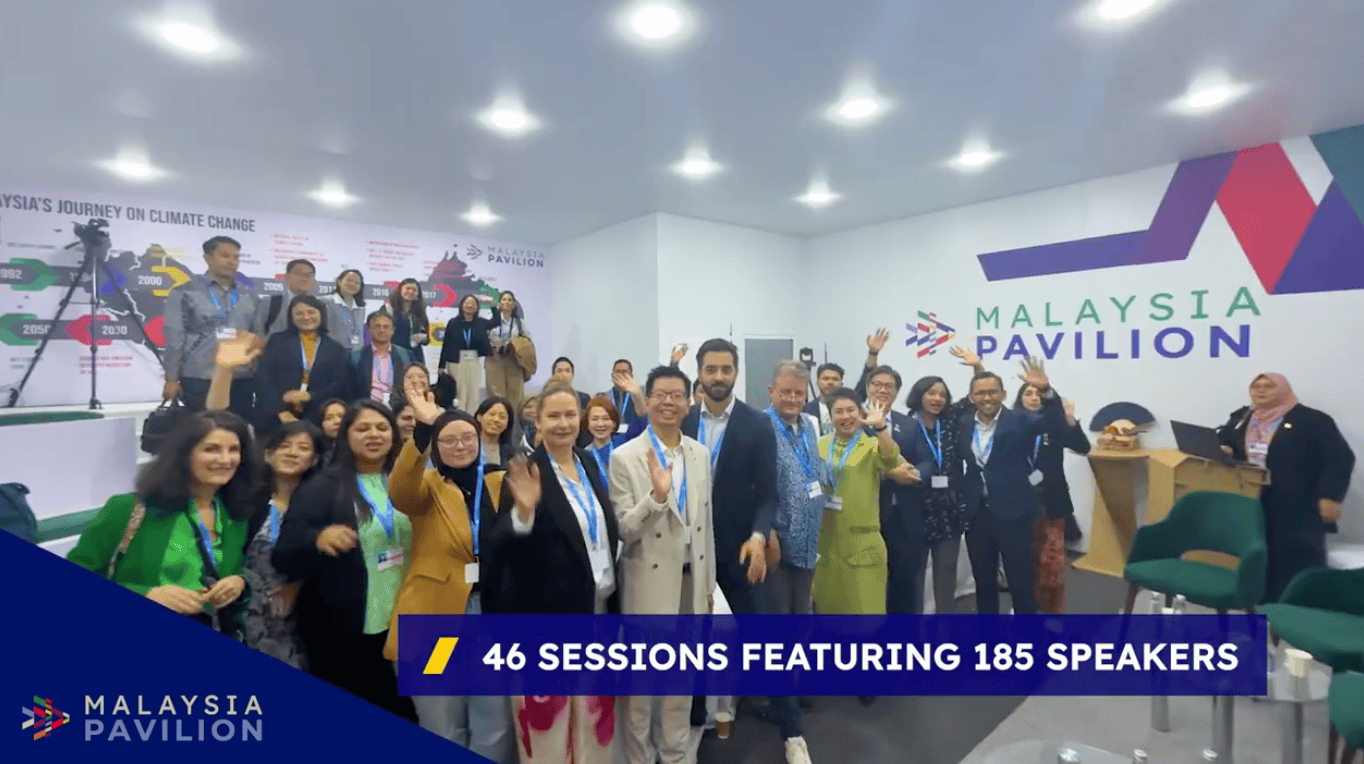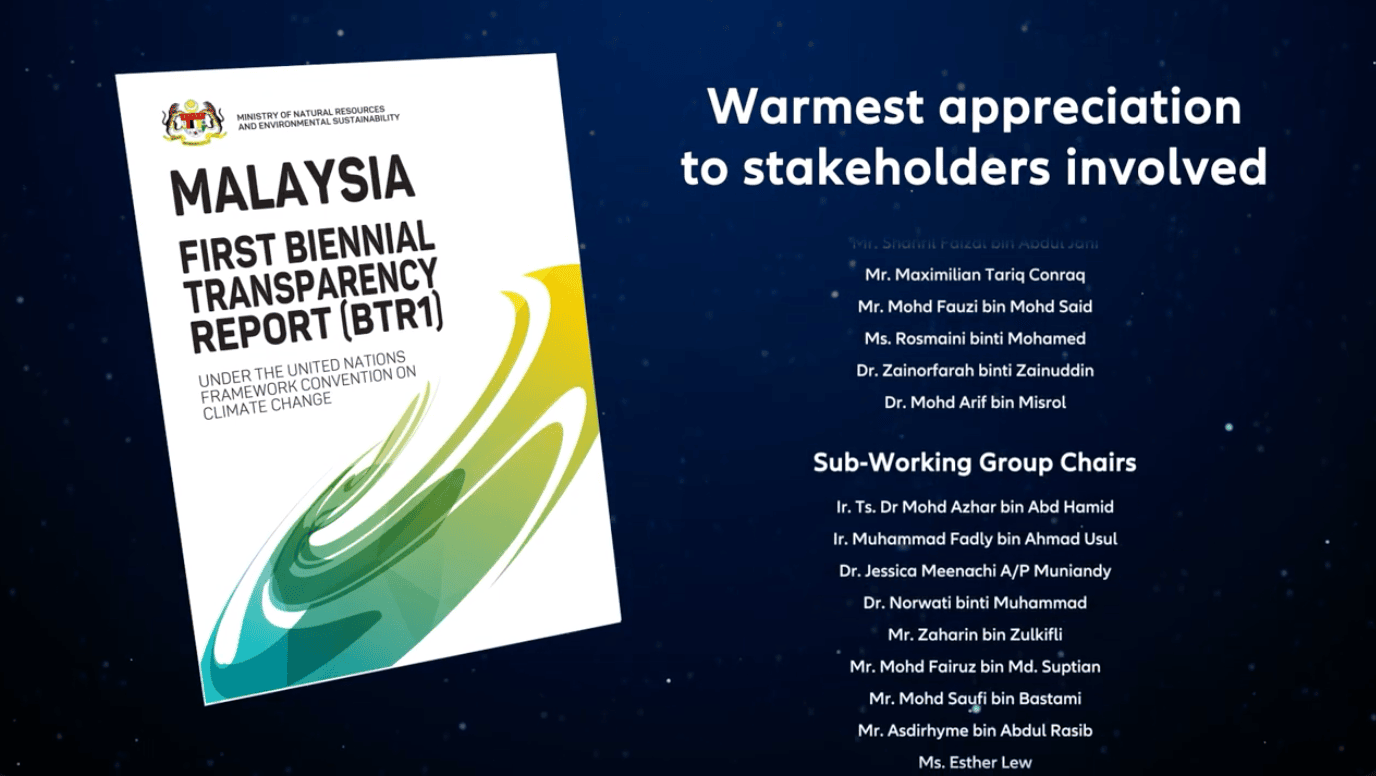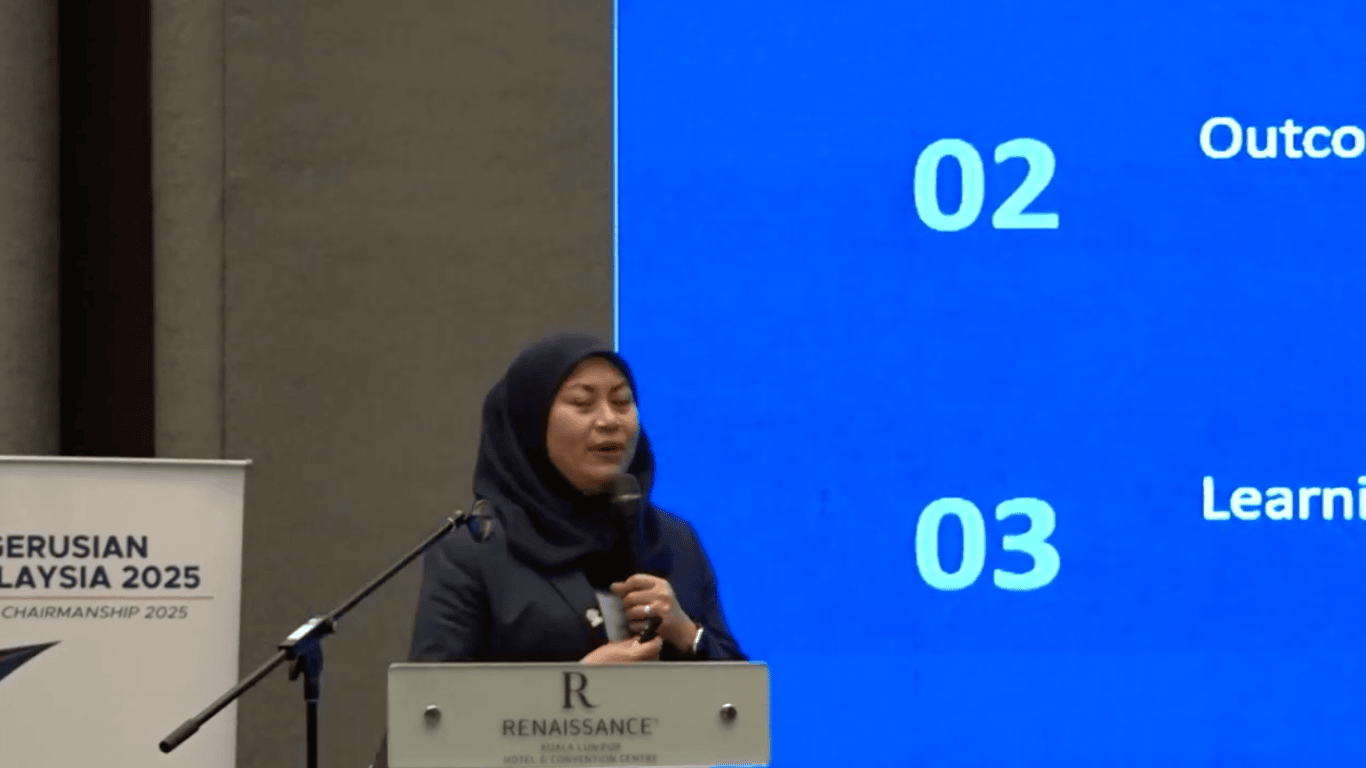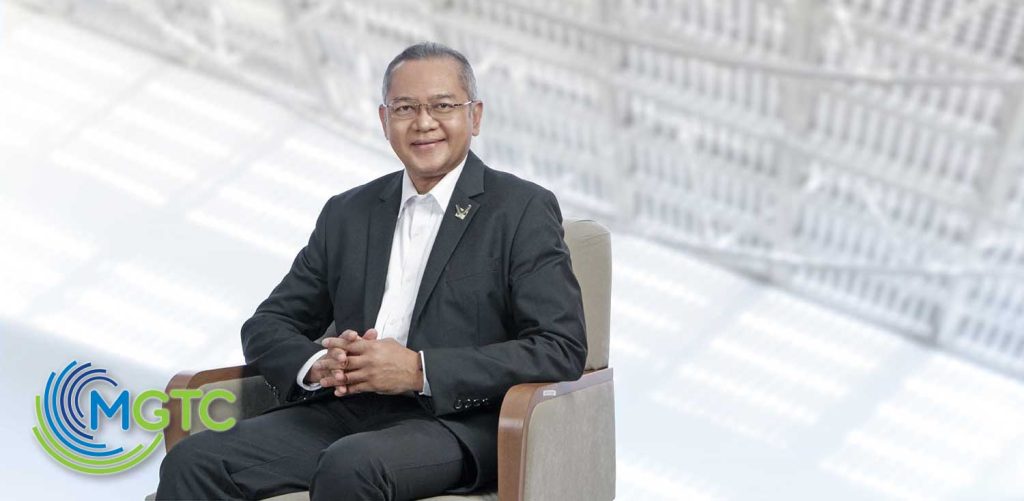
he govt has launched several initiatives to achieve net zero by 2050, such as the GTMP to create a low-carbon and resource-efficient economy
by AUFA MARDHIAH
THE Real Estate and Housing Developers’ Association of Malaysia (Rehda) yesterday held the Green Build Conference 2022 where they spoke about the national and local policies towards a low carbon-built environment.
Malaysian Green Technology and Climate Change Corp (MGTCCC) CEO Shamsul Bahar Mohd Nor (picture) said the construction industry is a major contributor to carbon dioxide.
Hence, he noted, the government has launched several initiatives to achieve net zero by 2050, such as the Green Technology Master Plan (GTMP), which outlines the strategic plans for green technology development, to create a low-carbon and resource-efficient economy.
There is also the Low Carbon Cities Framework (LCCF) which is the national framework and assessment system to guide and assess the development of cities and to support holistic sustainable development in Malaysia.
“To support this initiative, we have come out with the LCC 2030 Challenge to reduce greenhouse gas emissions intensity by up to 45% by 2030. The concept of LCC is to eco-switch in terms of energy, mobility, waste, water and greenery,” said Shamsul Bahar.
Explaining more on the LCCF, he said the framework involves four elements for GHG reduction in cities, 15 performance criteria and 41 sub-criteria.
“Performance criteria are measurable strategies to reduce carbon emission through policy control, technological development, better process and product management, change in the procurement system, carbon capture and consumption strategies, among others,” he added.
The LCCF and Assessment System will include site selection, urban form and urban greenery and air quality; low carbon building and community service; infrastructure provision, waste, energy and water management; as well as reducing the use of private motorised transport on an urban road, mode shift from private to public transport and non-motorised transport, use of low carbon transport, improvement to the level of service of road links and junctions and utilisation of transit-oriented-development approach.
Meanwhile, Penang Housing Exco Jagdeep Singh Deo shared that Penang had always acknowledged the needs and objective of becoming a low-carbon city through policies such as the state structure plan, local plans and Vision Penang 2030.
“Our green agenda began in 2008, which now continues with Vision Penang 2030 with an agenda of becoming a greener and smarter state,” said Jagdeep, who joined the conference virtually from Penang.
Vision Penang 2030 involves many initiatives such as a sustainable ecosystem involving built-up and non-built-up areas; a sustainable environment involving nature-based adaptation; sustainability mobility and connectivity involving green connections; green building with certification; as well as retrofit energy management with energy saving.
“Moreover, we are also finalising a Circular Economy Roadmap (CER) which will serve as a policy framework for the next 10 years to develop integrated solutions and improve life quality in Seberang Prai and Penang Island,” he added.
By 2030, CER aims to achieve a 70% recycle rate, 30% renewable energy, 90% food waste diversion, 30% construction and demolition waste, elimination of single-use plastic, waste to energy, wastewater to energy and zero waste city.
Other green initiatives by Penang to reduce carbon reduction include installing LED street lights, implementing smart parking, providing solar panels for government buildings, as well as green building certification for new buildings.
At the conference, Rehda also signed a memorandum of understanding with Sunway University Malaysia for the accomplishment of research on environmental, social and governance and sustainability, affordable housing and industry.
They will also jointly conduct consumer surveys and focus groups as well as collaborate to provide industrial job placement opportunities.
Previously, Rehda collaborated with Universiti Tunku Abdul Rahman for the Masters of Real Estate Development programme and with Monash University Malaysia for the executive certification programmes on digital marketing and analytics.
Additionally, the Rehda Institute x PropertyGuru MRED Scholarship was also launched, which is open to applicants involved in the real estate and property development industry.
Source : The Malaysian Reserve



